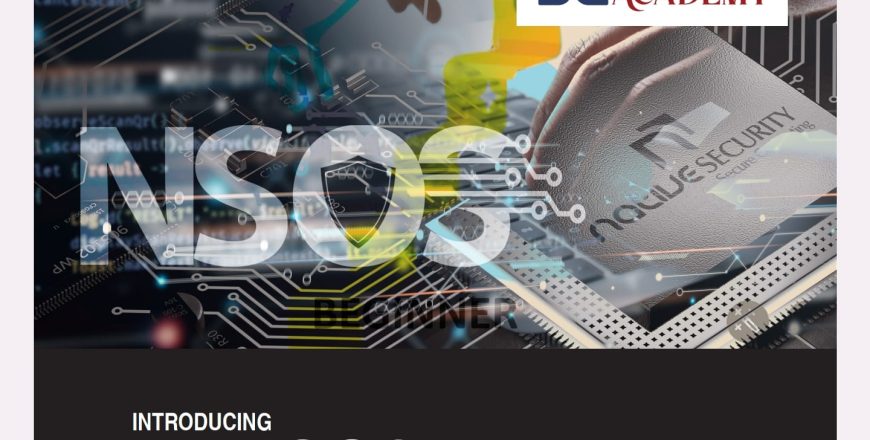Linux advanced system hacking techniques, exploit development and execution

DG NSOS is a secure operating system based on Linux Kernal, NSOS is a
modular OS and currently offering 4 types which are NSOS for servers,
workstations, mobile devices, IoT and all other electronic devices
including military and defense equipment.
DG NSOS R&D team has developed its own GUI and CLI based user
interfaces, developed all system services, application and very advance
and fully customizable special features which are needed for any
professional and secure operating system.
DG NSOS is highly scalable and robust OS which is built for Telco and Data
Center in mind, its secure by design and does not need any additional
security hardening and assessment.
DG NSOS is available based on support subscription with affordable price,
free community, academic and developers versions, free trail licenses,
yearly NFR licenses for partners, quarterly and emergency patches from
its own secure cloud repositories.
DG NSOS Customer Portal is fully equipped with professional online
documents, admin guides, configuration guides and startup guides,
support ticket and knowledge base digital library repositories available
for everyone. Software and download center with links to download
all files. Hardware support matrix tool is available to check customer
hardware compatibility including CPU chip compatibility.
DG NSOS is supporting community with professional and certification
training programs for beginner and advance users, all training and
professional certifications are provided by DGACADEMY



